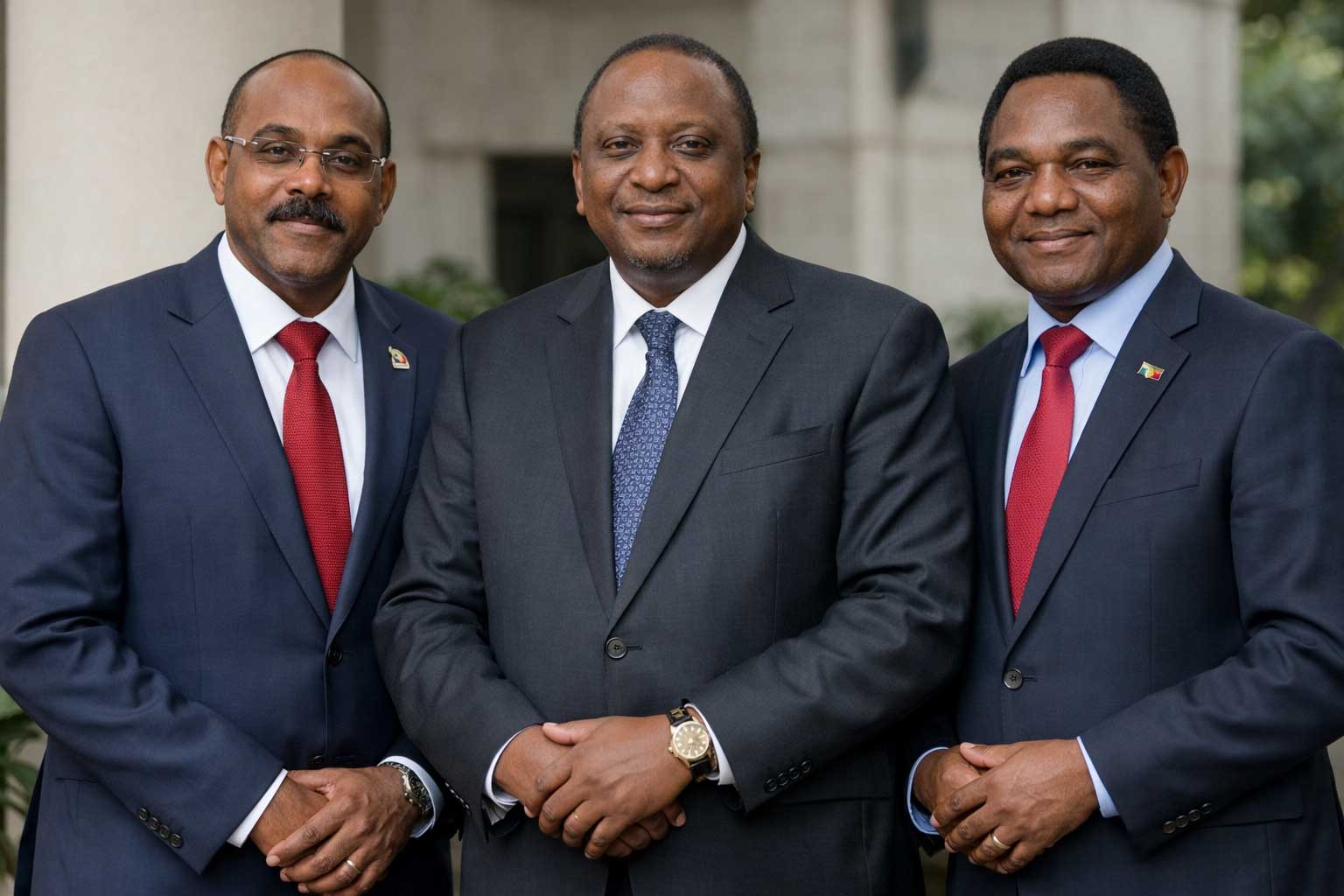In Uganda, the National Malaria Control Program has had to suspend critical operations such as insecticide spraying in homes and distribution of bed nets, essential tools in preventing malaria among pregnant women and children, according to Dr. Jimmy Opigo, the program's director. Moreover, in Zambia, medical supplies that include life-saving drugs for hemorrhaging pregnant women and rehydration salts for children are stranded as trucking companies can no longer procure payment through U.S. Agency for International Development (USAID) projects that have been put on hold.
The consequence of this aid pause extends beyond immediate healthcare needs; numerous clinical trials across the globe have been halted, impacting thousands of participants who now lack access to necessary treatments and supervision from researchers. In a series of anonymous interviews, more than twenty health professionals discussed the devastating effects these funding cuts have had on their long-standing health endeavors, some expressing deep emotional distress over the potential loss of decades of dedicated work.
As health systems buckle under the strain of funding suspensions, the future of global health initiatives now hangs in precarious balance. The silence from key international health bodies further compounds fears that many communities will face significant health crises due to the interruption of these critical services and supports.
The consequence of this aid pause extends beyond immediate healthcare needs; numerous clinical trials across the globe have been halted, impacting thousands of participants who now lack access to necessary treatments and supervision from researchers. In a series of anonymous interviews, more than twenty health professionals discussed the devastating effects these funding cuts have had on their long-standing health endeavors, some expressing deep emotional distress over the potential loss of decades of dedicated work.
As health systems buckle under the strain of funding suspensions, the future of global health initiatives now hangs in precarious balance. The silence from key international health bodies further compounds fears that many communities will face significant health crises due to the interruption of these critical services and supports.




















